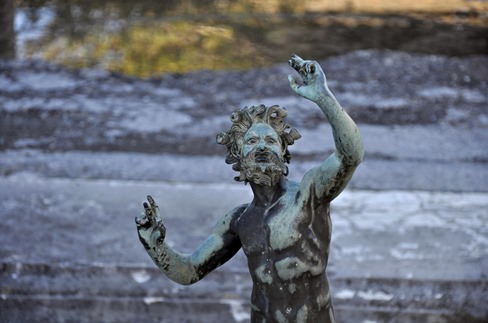Since receiving his Ph.D. in philosophy in 1964, Dallas Willard has served the University of Wisconsin, the University of Southern California, U.C.L.A., and the University of Colorado, either as a regular faculty member or through visiting appointments. Adept in the history of ideas, he is well qualified to put contemporary hedonism in perspective.
In this selection from his book The Spirit of the Disciplines, he notes how far the Church has come from the day when the Apostle Paul called believers to the “spiritual gymnasium” (I Timothy 4:7-8).1 Today, instead of gladly undertaking “a specific round of activities . . . to establish, maintain, and enhance [their] spiritual powers,” many parishioners mimic the culture in their devotion to ephemerel pleasures, even in church.
Where have we gotten this idea about “doing what feels good”? The unrestrained hedonism of our own day comes historically from the 18th-century idealization of happiness and is filtered through the 19th-century English ideology of pleasure as the good for people. Finally it emerges in the form of our present “feel good” society – tragically pandered to by the popular culture and much of popular religion as well.
Think about it. Isn’t the most generally applied standard of success for a religious service whether or not people feel good in it and after it? The preeminence of the “feel good” mentality in our world is what makes it impossible for many people now even to imagine what Paul and his contemporaries accepted as a fact of life. Our communities and our churches are thickly populated with people who are neurotic and paralyzed by their devotion and willing bondage to how they feel. Drug dependence and addiction is epidemic because of the cultural imperative to “feel good.”2
Footnotes:
1 Dallas Willard, The Spirit of the Disciplines: Understanding How God Changes Lives (San Francisco: Harper & Row, 1988), 98.
2 Ibid., 99-100.





